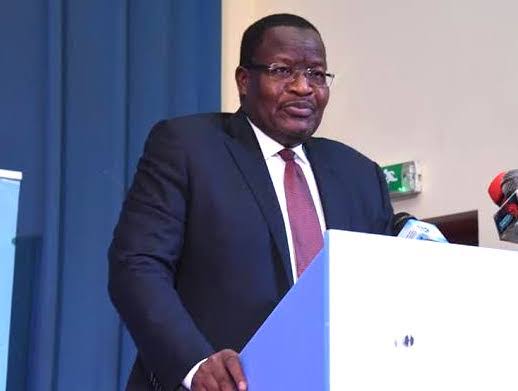Commercialisation of research prototypes has long been a challenge and a significant barrier to Nigeria’s technological advancement. Despite promising ideas, the gap between innovative concepts and viable products has often hindered the country’s strides toward becoming a global technology player.
To address these challenges, the Nigerian Communications Commission (NCC) brought together key stakeholders, including ICT professionals, academia, and regulatory bodies, to discuss solutions at a regional roundtable held in Lagos on Wednesday, August 3, 2022. The roundtable, themed “The Path from Innovative Research to Commercialisation of Viable Prototypes,” aimed to explore ways to transform research outcomes into commercially viable products for the benefit of the ICT industry and consumers.
At the event, NCC highlighted its commitment to supporting research and innovation in the telecommunications sector. The Commission disclosed that as of 2021, it had provided over N522 million in research grants to tertiary institutions, with the goal of developing prototypes that could be commercialised for practical industry use.
NCC’s Board Chairman, Prof. Adeolu Akande, reaffirmed the Commission’s dedication to funding more research initiatives that would lead to innovations and strengthen indigenous technological capabilities. He emphasised that turning research ideas into commercially viable products is crucial for fostering economic growth and boosting Nigeria’s ICT sector.
NCC’s Executive Vice Chairman, Prof. Umar Garba Danbatta, acknowledged the commercialisation challenges faced by Nigerian researchers but stressed that the Commission is committed to supporting academia and the industry in this endeavour. By doing so, he said, Nigeria’s ICT ecosystem would benefit from improved local innovations that support the industry’s growth and contribute to job creation and wealth generation.
The Commission’s Executive Commissioner for Technical Services, Ubale Maska, represented by Bako Wakil, the Director of Technical Standards and Network Integrity, shared that 49 telecom-based research grants had been awarded, and 10 prototypes had been successfully developed.
Baqi Salihu, Chief Technical Officer of 9Mobile, delivered the lead paper, highlighting that less than two per cent of Nigeria’s Research and Development (R&D) has been commercialised. He attributed this to the lack of demand-driven research and poor linkage between knowledge centres, industry, and regulators. Salihu called for a shift towards market-led research and development to bridge these gaps and increase industry acceptance.
Valentine Ozigbo, Chairman of the Valentine Chineto Ozigbo Foundation, noted that Nigeria ranked 118th out of 132 economies in the 2021 Global Innovation Index, with South Africa, Kenya, and Tanzania leading in Sub-Saharan Africa. Ozigbo stressed the importance of a radical innovation approach, which combines needs-based, seeds-based, and accelerated innovation strategies to identify and solve emerging problems proactively.
He also advocated for protecting intellectual property through patents and trademarks and conducting feasibility studies to support innovation processes.
The roundtable concluded with a renewed commitment from all stakeholders to collaborate on overcoming the challenges of commercialising research in Nigeria and driving the nation towards greater technological innovation and economic growth.




